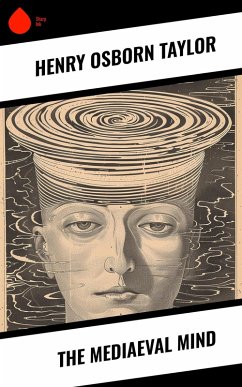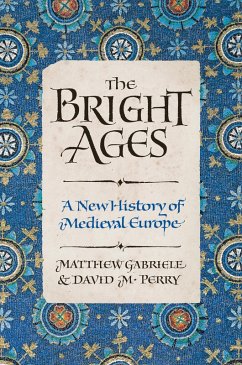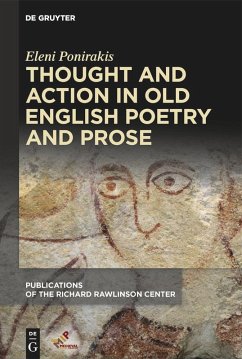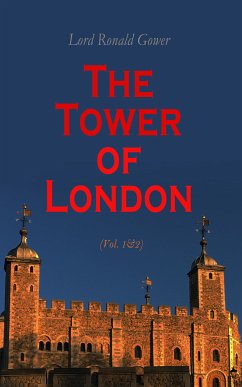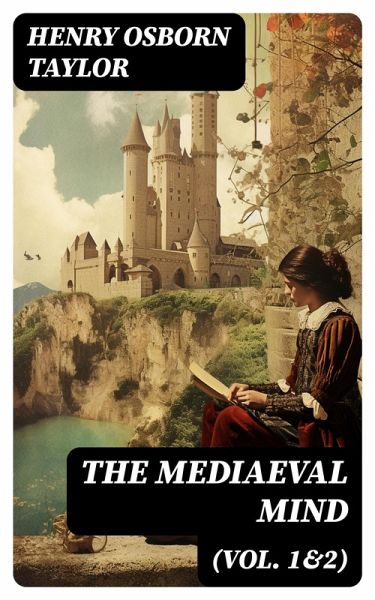
The Mediaeval Mind (Vol. 1&2) (eBook, ePUB)
A History of the Development of Thought and Emotion in the Middle Ages (Complete Edition)
Versandkostenfrei!
Sofort per Download lieferbar
0,49 €
inkl. MwSt.
Weitere Ausgaben:

PAYBACK Punkte
0 °P sammeln!
Henry Osborn Taylor's "The Mediaeval Mind" (Volumes 1 & 2) offers an exhaustive and insightful examination of the intellectual landscape of the Middle Ages, unearthing the intricate web of beliefs, philosophies, and societal norms that shaped medieval thought. Taylor employs a methodical narrative style that blends historical analysis with philosophical inquiry, making this work a foundational text in medieval studies. The volumes encapsulate the period's overarching themes-from religious fervor to the emergence of early scientific thought-within a rich literary context that is as complex as i...
Henry Osborn Taylor's "The Mediaeval Mind" (Volumes 1 & 2) offers an exhaustive and insightful examination of the intellectual landscape of the Middle Ages, unearthing the intricate web of beliefs, philosophies, and societal norms that shaped medieval thought. Taylor employs a methodical narrative style that blends historical analysis with philosophical inquiry, making this work a foundational text in medieval studies. The volumes encapsulate the period's overarching themes-from religious fervor to the emergence of early scientific thought-within a rich literary context that is as complex as it is enlightening. Taylor's copious references to primary sources and texts contribute to a comprehensive understanding of the era's mindset. Henry Osborn Taylor, a prominent scholar of his time, possessed a profound interest in the evolution of Western thought, which undoubtedly informed his decision to undertake this ambitious project. His academic career, characterized by a commitment to historical accuracy and interpretive clarity, provided him with the tools necessary to navigate the sometimes murky waters of medieval ideology. This background, coupled with his engagement in a rapidly changing intellectual climate, prompted him to investigate how the medieval mind interacted with the emerging modern world. This seminal work is highly recommended for anyone seeking a deeper appreciation for the complexities of medieval life and thought. Scholars, students, and general readers alike will find Taylor's insights invaluable as they forge connections between past and present. In an age where historical context is crucial for understanding contemporary issues, "The Mediaeval Mind" remains an essential addition to any library.
Dieser Download kann aus rechtlichen Gründen nur mit Rechnungsadresse in A, B, BG, CY, CZ, D, DK, EW, FIN, F, GR, H, IRL, I, LT, L, LR, M, NL, PL, P, R, S, SLO, SK ausgeliefert werden.






